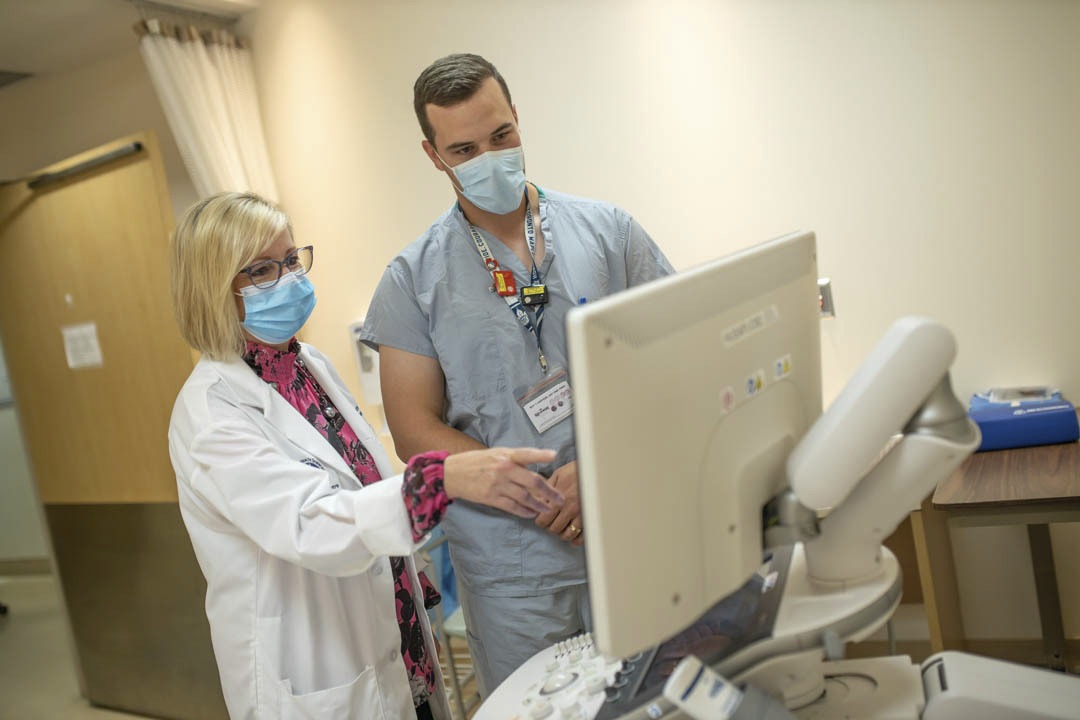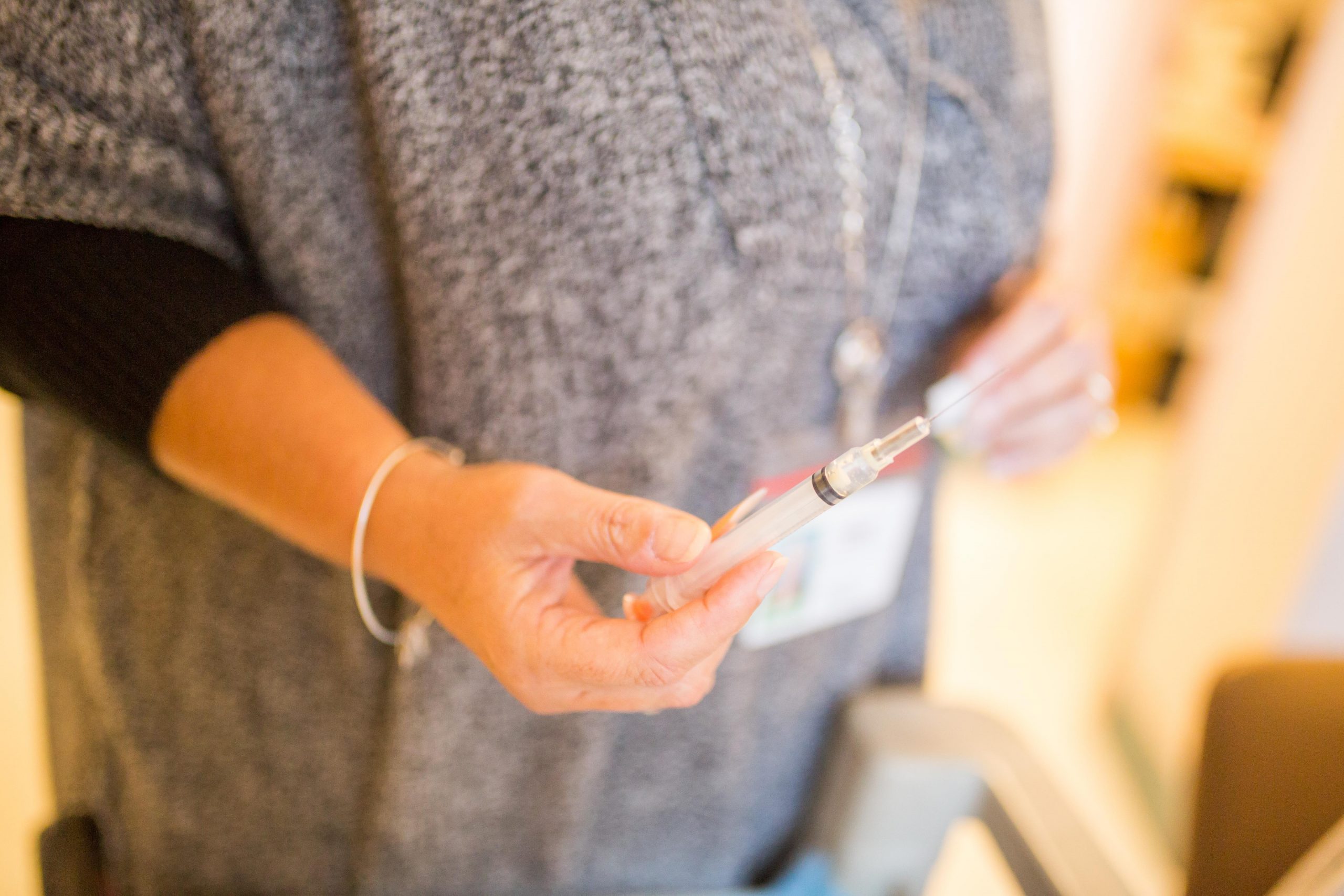
With the vaccine rollout, perfect fairness won’t be possible
Originally published February 17, 2021, in The Globe and Mail
By Dr. Bram Rochwerg

Dr. Bram Rochwerg
My social media accounts are loaded with frustrated comments from health care workers across the country, upset over who’s getting the vaccine and who’s still waiting.
That has me deeply worried about how things will go when we get into the heart of the population in the weeks to come.
Preparing people to be patient
Once the vaccine starts to get out there and some people have had their shots, they will start hanging out with their grandkids, visiting their friends, travelling and eating in restaurants. Others who are lower down the line will only watch and wait. I can already hear the callers on the radio talk shows: “My neighbour got the vaccine before I did and he’s five years younger than me!” “I look after my elderly mother and I have kids and I haven’t had the vaccine!” “Why did my friend in Oakville get it and I’m still waiting?”
I’m concerned we’re not adequately preparing folks for these inevitable situations by asking them to be as patient and as reasonable as they can. The fact is that the top priority in rolling out the vaccine has to be speed, which means perfect fairness in setting the order simply cannot be achieved, if such a thing could exist at all. Even the best-intentioned, most conscientious rollout is bound to include some inequity. When the goal is preventing as much misery as possible, we all need to learn to live with that.
Managing our uneven supply of vaccines
From my vantage point as both an academic and an intensive care physician, I understand the social media posts from health care providers near and far, wondering why someone who is caring for critically ill COVID patients and directly in the line of fire is still waiting for a vaccine while someone who sits at a desk far from exposure to the public has already had it. I agree that there is a degree of unfairness to the vaccine rollout, and this is just the beginning – so far 2.5 per cent of Canadians have received at least one dose.
People working in hospitals, testing centres, clinics and long-term care homes understand better than most that in health care, the details do not always align with the big picture. In other words, if anyone gets this, they should. Still, it’s tough to care about the big picture when one of the details that doesn’t line up is you. Decision makers who manage our precious and uneven supply of vaccines have to think in terms of categories, logistics and targets, and get them to where they will do the most good, starting with the groups who face the greatest risk. A slight change to the spreadsheet at the national, provincial or regional level creates profound consequences on the ground.
When is it my turn?
On the personal level, it comes down to a simple question: When will it be my turn?
It is not easy, or even natural, but it is still critically important for everyone – from the front lines all the way through the entire population – to understand and accept that even though there will be questionable decisions and outright errors, getting the vaccines out as quickly as possible is the most important principle. If we were to sacrifice expediency for perfect fairness, more people would get sick and more would die.
This leaves us little choice but to carry on and wait our turn. These dynamics will be playing out for several months yet, and that’s if we’re lucky. Once we’ve seen to it that all the frontline medical workers and most vulnerable people have been vaccinated, there will be new debates. Someone in one place will be deciding whether schoolteachers or grocery clerks or chemotherapy patients should be next, while someone in another place may make the call differently. Someone is bound to be wrong.
The best we can expect is that the rollout is as fair and as transparent as it can be under the circumstances.
Privileged to have this debate
I think it’s also important to remember that despite this frightful pandemic, we are privileged to have the opportunity to have this debate at all. There are vaccines, as Canadians we will have access to them, unlike people in many other countries, and they will be free. Everyone is tired of the pandemic. Everyone is scared. We have done a pretty good job of coming together so far. The key is patience and understanding and doing all we can as individuals to keep ourselves and everyone around us as safe as possible until our turn comes.
Bram Rochwerg is an associate professor in the department of medicine at McMaster University and an intensive care physician at Juravinski Hospital.



